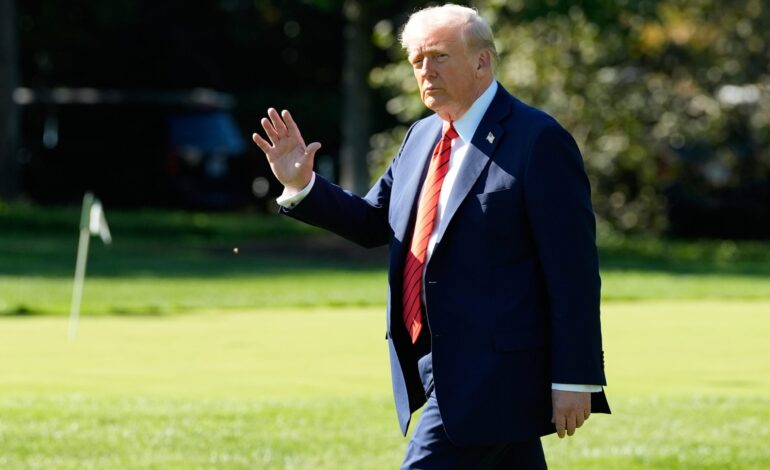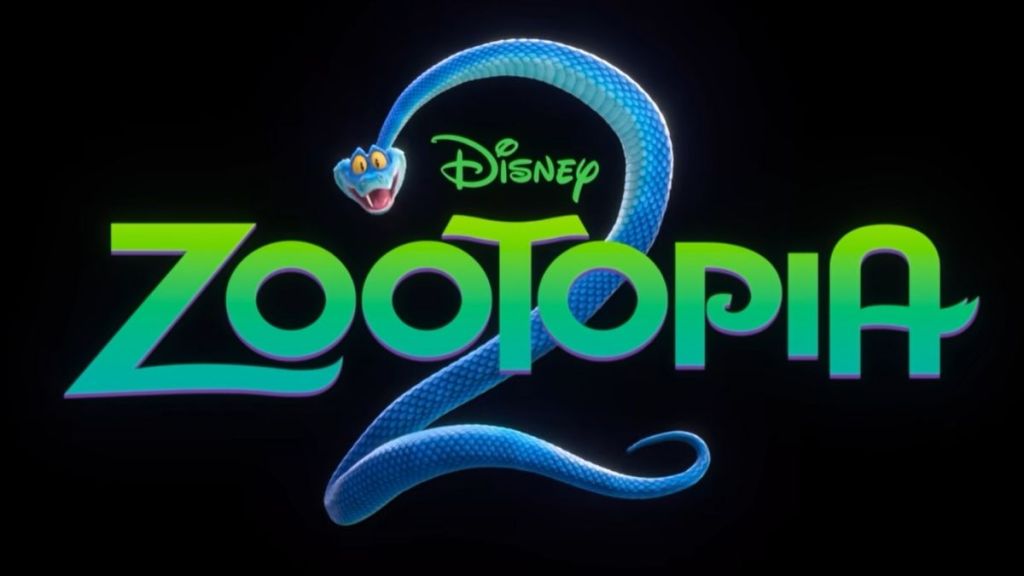Commentary on Climate Movement, Education, and Media Censorship

Recent commentary from various political analysts highlights several pressing issues in the United States, including the challenges faced by the climate movement, educational disparities, and concerns over media censorship. These insights reveal broader trends affecting political discourse and public policy.
Climate Movement Faces Decline
Ruy Teixeira, writing for The Liberal Patriot, suggests that the climate movement is in a state of disarray. He notes that “these are dark days for the climate movement,” pointing out that major world leaders often fail to attend the United Nations’ annual climate change conferences. According to Teixeira, this lack of engagement stems from a realization that achieving “net-zero by 2050” is increasingly unlikely. As public interest in this goal wanes, some proponents of climate advocacy, referred to as “climatistas,” are shifting their focus towards issues of affordability and the cost of living.
Teixeira argues that as the climate movement fades, the Democratic Party has an opportunity to explore a range of “economic and energy policies” without the constraints previously imposed by climate activists. He encourages Democrats to embrace this shift to align better with the evolving priorities of their constituents.
Education Disparities and Political Accountability
In a separate commentary, David Brooks of The New York Times addresses the declining student achievement scores in the United States, particularly among disadvantaged students. Brooks highlights a troubling trend where outcomes are becoming increasingly unequal since 2013. He identifies the pervasive influence of digital technology, arguing that excessive screen time leads to a “passive consumption” of information, which he characterizes as “intellectual suicide.”
Brooks points out that the Republican Party has distanced itself from a centralized push for educational accountability, while Democrats have moved further left, often resisting accountability measures. He argues that the Democratic focus on equity has diluted the mechanisms needed to ensure equal educational opportunities. Without a robust commitment to fostering “equal opportunity,” Brooks warns that Democrats risk losing their moral foundation regarding education.
Evaluating the Role of Race in Political Discourse
Turning to commentary from the right, Heather Mac Donald in The Spectator discusses the implications of race in American political discourse. She asserts that for decades, claims regarding racial disparities in areas such as arrest and incarceration rates have been used to discredit various actions and policies. Mac Donald argues that former President Donald Trump’s approach to urban crime has faced accusations of racial bias, despite his lack of explicit references to race.
Mac Donald suggests that Trump’s indifference to being labeled a racist has shifted American culture, leading to growing public fatigue with identity-based accusations. She posits that future arguments emphasizing race may elicit skepticism rather than acceptance from the public.
Impact of Oil Supply on Russia’s Military Strategy
In a strategic analysis, Michael Bohnert from The Wall Street Journal highlights the significance of disrupting Russian oil supplies. He argues that such actions could critically hinder Russia’s military capabilities, drawing parallels to World War II when targeting oil infrastructure had decisive effects in both Europe and the Pacific. Bohnert notes that Ukraine’s current strategy of attacking Russian oil and logistics networks has already led to a “steep reduction in refining capacity.”
As a result, Russia is struggling to meet both industrial and military fuel demands. Bohnert warns that continued targeting of oil supplies could diminish the mobility of Russian forces, creating opportunities for Ukraine to achieve incremental victories on the battlefield.
Censorship and Its Impact on Journalism
Finally, Sean Davis, CEO of Federalist, delivered a stark testimony regarding government censorship aimed at his publication. He claimed that his publication and its writers have been “targeted for destruction” using taxpayer dollars due to their reporting on controversial election laws. Davis described the situation as “Kafka-esque,” highlighting the absurdity of government actions against accurate reporting while less credible outlets receive accolades for false claims.
He emphasized the dangers of censorship in undermining journalistic integrity, stating that genuine reporting should not be silenced while misinformation goes unchecked. This testimony raises significant questions about the balance between government oversight and freedom of the press in contemporary America.
These diverse perspectives shed light on the current political landscape, revealing critical concerns regarding climate policy, education equity, media freedom, and the implications of race in public discourse. As these issues continue to evolve, they will undoubtedly shape future discussions and policies across the political spectrum.






